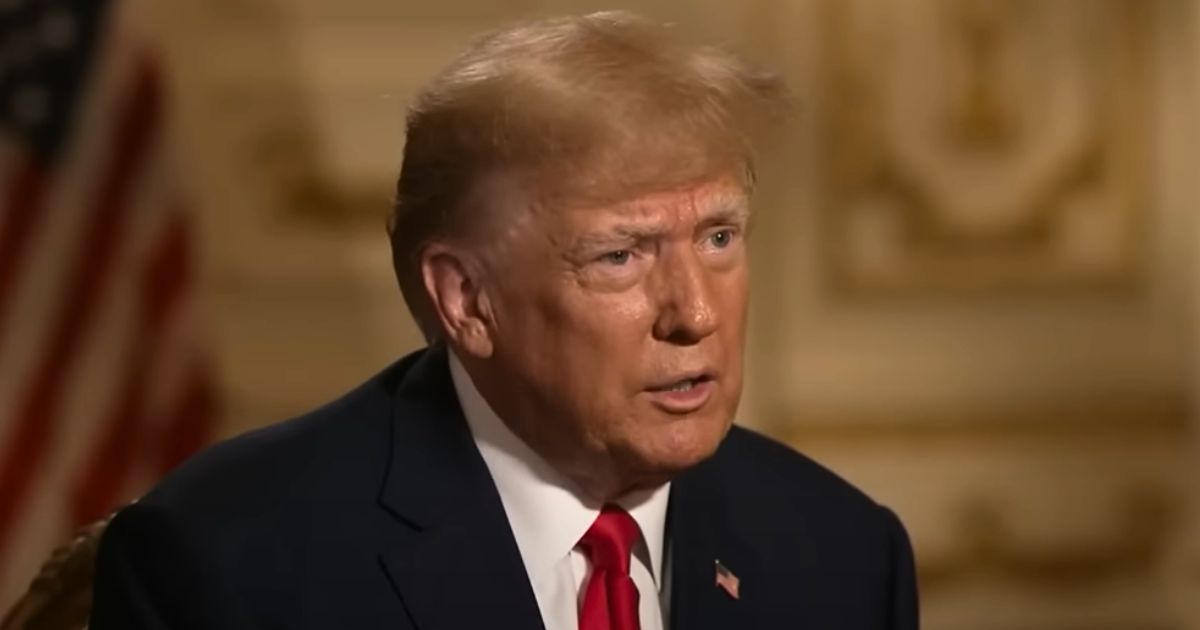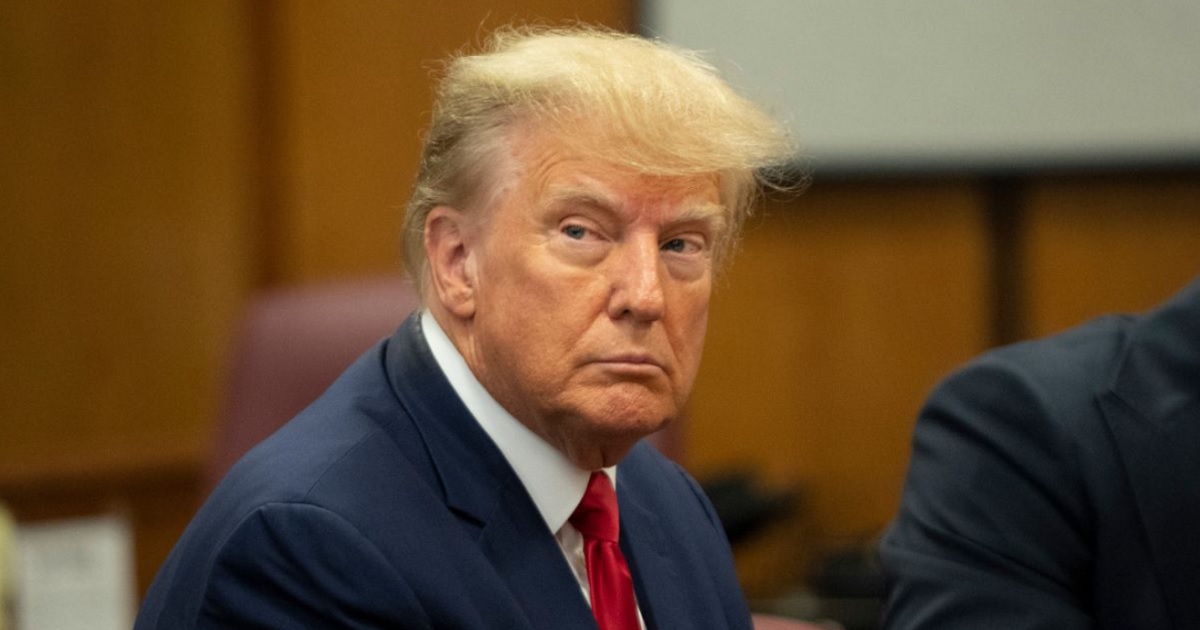Supreme Court decides on Venezuelan deportations under historic law
A complex legal battle unfolds at the Supreme Court over President Trump's unprecedented use of a 220-year-old wartime law to deport alleged gang members.
According to CBS News, the Supreme Court ruled 5-4 to permit the Trump administration to resume deportations of migrants claimed to be members of Venezuela's Tren de Aragua gang, while ensuring their right to judicial review.
The ruling creates significant implications for immigration enforcement and presidential authority. Justice Amy Coney Barrett joined the court's three liberal justices in opposing the majority decision, highlighting deep divisions within the nation's highest court over the scope of executive power in immigration matters.
Supreme Court Ruling Creates New Deportation Guidelines
The Supreme Court's unsigned decision establishes crucial parameters for implementing the Alien Enemies Act of 1798. Government officials must now provide adequate notice to detainees facing removal under this law. This requirement ensures individuals have a reasonable opportunity to seek legal relief before deportation occurs.
The court determined that venue for these cases lies in Texas, where the detainees are currently held, rather than in Washington, D.C. This technical ruling effectively nullified two temporary restraining orders previously issued by a federal district judge in the nation's capital.
Justice Sonia Sotomayor, joined by Justices Elena Kagan and Ketanji Brown Jackson, issued a forceful dissent. Barrett partially supported their position, underscoring the controversial nature of the administration's approach to immigration enforcement.
Trump Administration Claims National Security Concerns
Acting Solicitor General Sarah Harris argued vigorously for the government's position. She emphasized the critical nature of national security considerations in the case, suggesting that court-ordered delays jeopardize sensitive diplomatic negotiations and security operations.
The administration maintains that swift action is necessary to prevent Tren de Aragua from establishing a stronger presence within U.S. borders. This argument forms part of a broader strategy to expand presidential authority in immigration matters.
Justice Brett Kavanaugh noted in his concurring opinion that while all nine justices agree on the availability of judicial review, they differ on procedural aspects.
This acknowledgment highlights the complex balance between executive authority and due process rights.
Legal Challenges and Humanitarian Concerns
Attorneys representing the Venezuelan migrants argue that the administration has overextended the scope of the Alien Enemies Act. They contend that equating migration with invasion misconstrues the law's original wartime purpose.
Defense lawyers have raised serious concerns about the fate of deportees. According to their court filings, 130 Venezuelan men have already been transferred to El Salvador, where they face harsh conditions in what has been described as one of the world's most brutal prisons.
The ACLU's Lee Gelernt characterized the ruling as a mixed outcome. While expressing disappointment about venue changes, he emphasized the significance of the court's mandate for meaningful advance notice before removals.
Political Response and Implementation Plans
Homeland Security Secretary Kristi Noem issued stern warnings to undocumented immigrants following the ruling. Trump celebrated the decision on social media, framing it as a victory for national security and border control.
The administration must now establish procedures for providing proper notice to detainees. This requirement introduces new administrative complexities into the deportation process.
Officials face the challenge of balancing expedited removals with newly mandated due process requirements. The ruling's implementation will likely influence future immigration enforcement strategies.
Case Resolution and Future Implications
The Supreme Court's decision represents a pivotal moment in immigration enforcement policy under the Trump administration. Five Venezuelan nationals initially challenged the president's proclamation from a Texas detention center, leading to this landmark ruling.
The case now returns to lower courts in Texas, where detainees must pursue their legal challenges. This procedural shift will affect hundreds of individuals potentially subject to deportation under the Alien Enemies Act, reshaping the landscape of immigration enforcement and constitutional protections for non-citizens in the United States.





